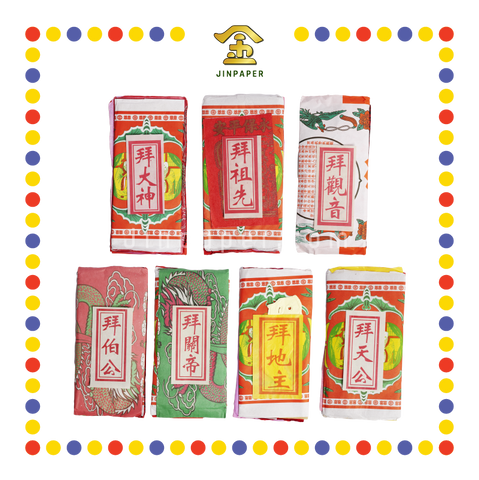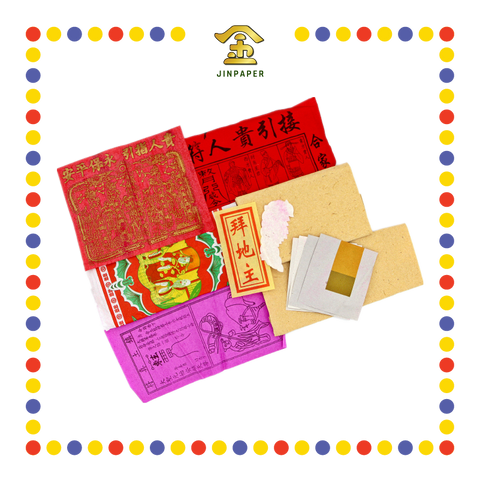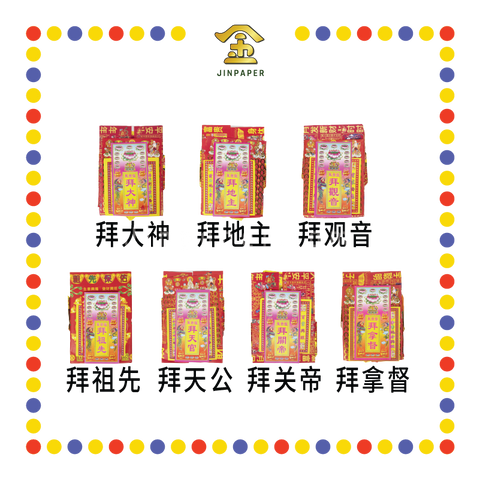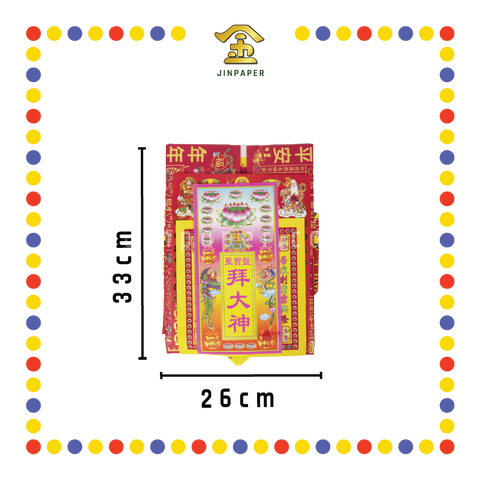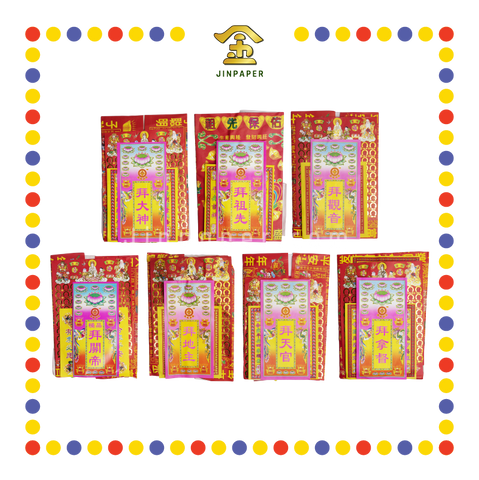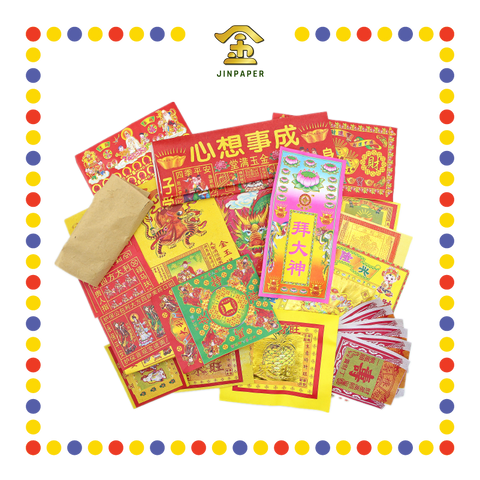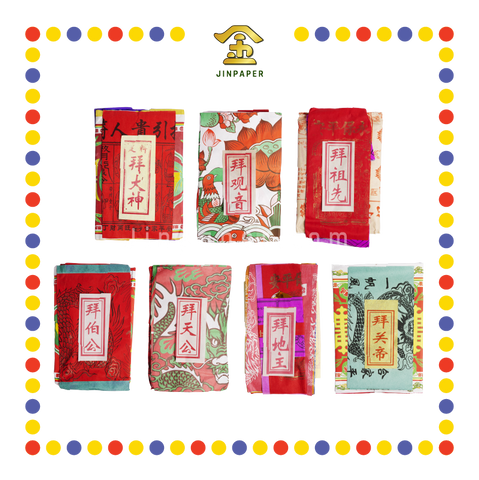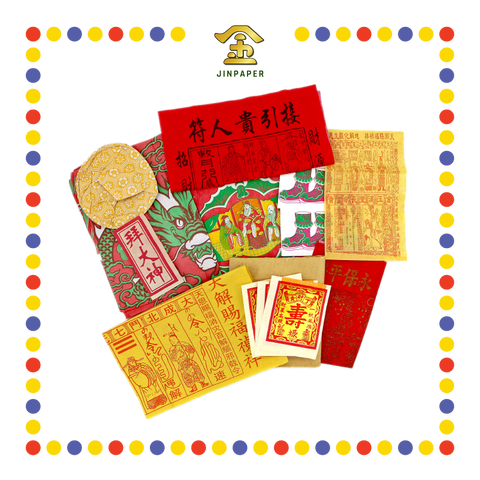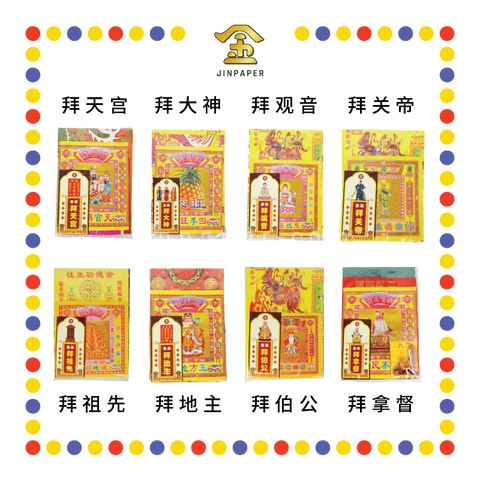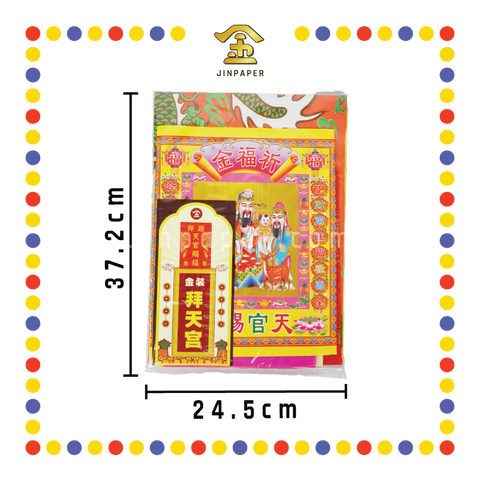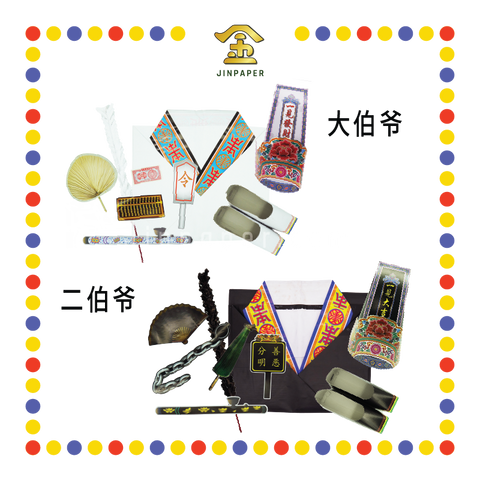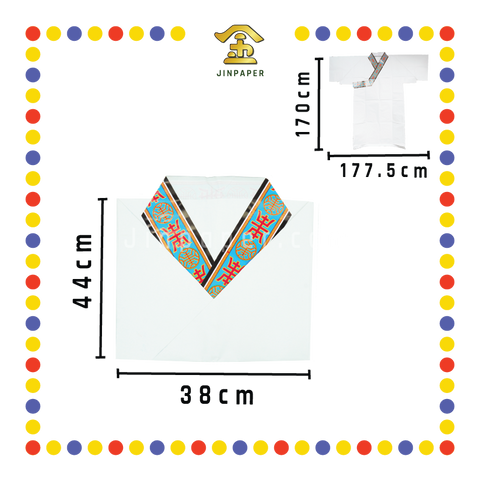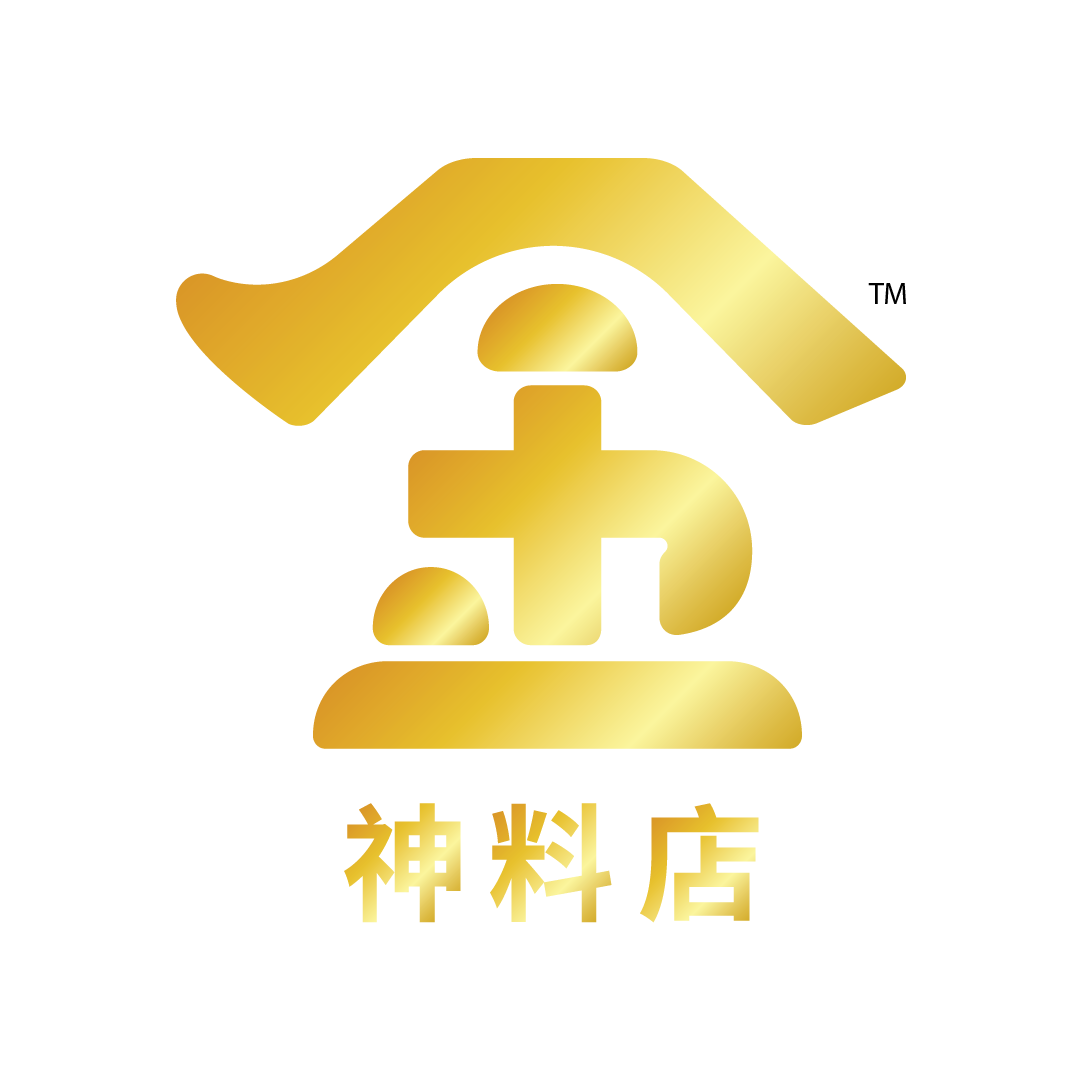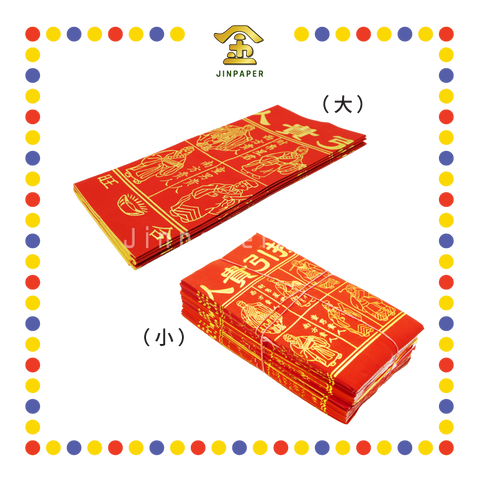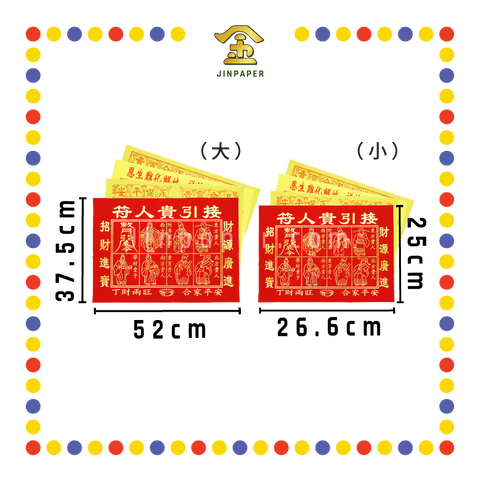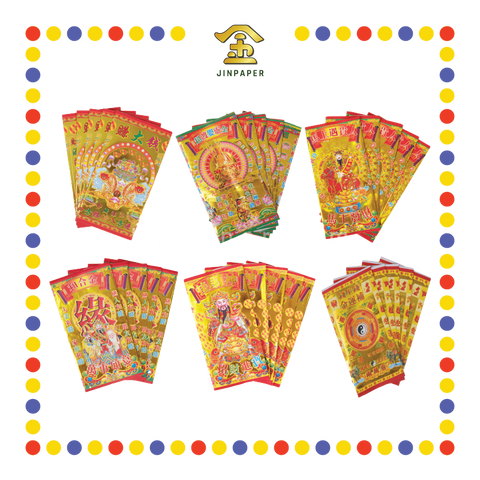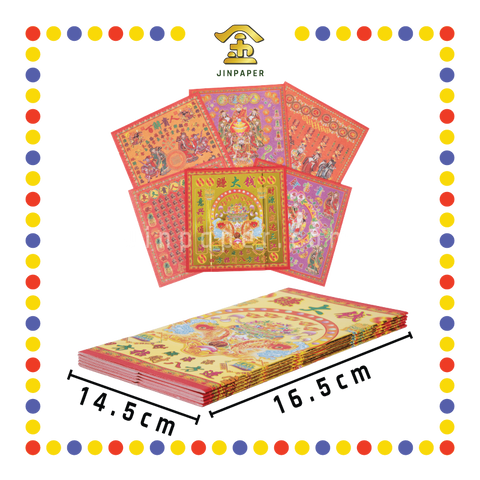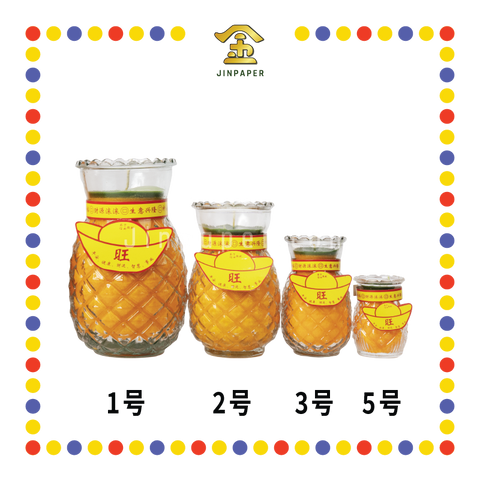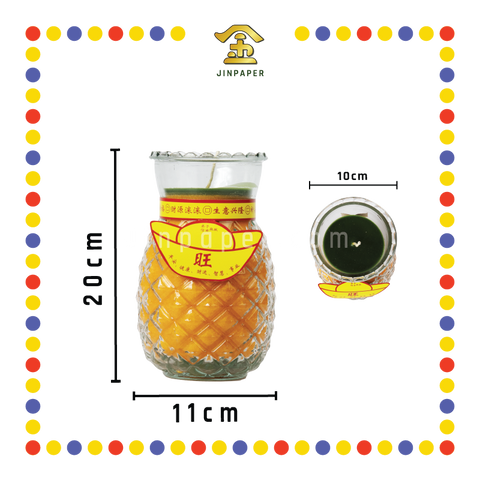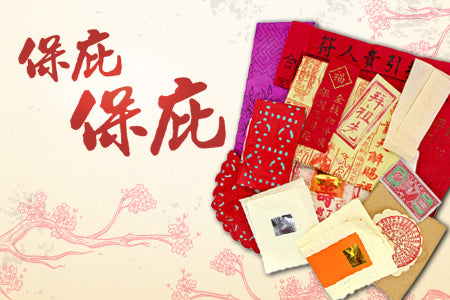Double Ninth Festival - Legend, Foods & Activities: A Complete Information

Double Ninth Festival - Legend, Foods & Activities: A Complete Information
The Double Ninth festival originates from a traditional Chinese celebration to ward off negative energy. Even though it isn’t widely practiced in Malaysia, the celebration itself has huge traction in China, Hong Kong, and Japan, among other Asian countries.
Otherwise known as the chung yeung festival in Cantonese, it was conferred this title as a result of falling on the ninth day of the ninth lunar month in the Chinese lunisolar calendar. Cheung means ‘double’, and nine is known as a ‘yang’ number in Chinese spiritual customs.
Because yang’s nature is that of positive energy, the ancient Chinese believe the Double Ninth festival to be a potentially highly auspicious date. However, they also think that the energy imbalance due to a strong yang presence upsets the natural order and is a precursor for misfortune if not corrected.
This, in turn, has given rise to many customs, some of which are preserved till this day.
History of Double Ninth Festival
The origins of the Double Ninth festival date back at least 2000 years, during the Warring States period of China. As dynasties changed, the Double Ninth festival was eventually integrated into the commoner’s lives. And by the era of the Three Kingdoms, the name chung yeung festival had become widely known.
The practice of appreciating the chrysanthemum flower and drinking wine as part of the festivities was adopted some time during the Jin dynasty. Other customs were later added on as well. Notably, flower cakes were eaten during the Ming and Qing dynasties. One of the emperors then also made it customary to hike up the mountain during this time.

Looking for chrysanthemum flowers to buy for the Double Ninth festival. Source: JinPaper
Similar to most Chinese lore and tradition, the Double Ninth festival is a day steeped with much history. And as one would reasonably expect from ancient rites, its origins have just as strong a foundation in folklore.
The legend takes place some time during the Eastern Han dynasty, when the commonfolk was terrorised by a demon that resided within the Ruhe River. The demon spread disease wherever it went, and caused many casualties among the neighboring residents, including the parents of our would-be hero – Heng Jing.
Aggrieved by the death of his parents, Heng Jing swore to rid the river of this demon. With iron determination, he sought out the help of an immortal and apprenticed himself in the art of swordsmanship.
During the eighth day of the ninth lunar month one fateful year, the immortal told Heng Jing of the demon’s reappearance and urged him to return to his hometown to vanquish it once and for all. Armed with a bag of dogwood and some chrysanthemum wine, Heng Jing set himself on a journey back home.
On the morning of the ninth day, Heng Jing distributed dogwood leaves and chrysanthemum wine to all the villagers and told them to hide in the nearby mountain. By noon, the demon had reappeared from the river, just as the immortal foretold.
As a result of the dogwood leaves’ and chrysanthemum wine’s fragrance, the demon was left in a state of stupor. Heng Jing took advantage of the demon’s weakened state and engaged in a fierce battle with it. Ultimately, he emerged victorious.
From then on, the custom of climbing mountains, drinking chrysanthemum wine, and carrying dogwood during the Double Ninth festival became popular.
Why do the Chinese celebrate the Double Ninth Festival?
Outside of folklore, the Double Ninth festival can trace its beginnings to ancient Chinese agricultural practices as well.
This was a time when the change in seasons was recorded by the position of celestial bodies, AKA stars. One such star that was crucial to the growth of crops was Antares, also known as Dahuo, as it marked the beginning of spring.
Antares hangs in the night sky during spring and summer, until it eventually dips below the horizon some time in September. People of ancient China saw this as an ominous sign. As such, they believed that holding a ceremony as a preventive measure would be able to keep them safe from danger.
Nowadays, families often celebrate the Double Ninth festival to ward off disease, as depicted in the legend. Nine is also read as ‘jiu’ in Chinese, which is phonetically similar to longevity. Thus, Chinese families see this as an auspicious sign that they’ll live long and happy lives. This holds especially true for the elderly, so much so that China and Taiwan have even designated the day as ‘Senior Citizens Day’.
When should you celebrate the Double Ninth Festival?
The Double Ninth festival is a remarkably easy festival to remember, as it literally has two nines in the name. This means that it falls on the ninth day of the ninth month on the Chinese lunisolar calendar. However, this doesn’t necessarily mean that the day itself falls on September 9th of the Gregorian calendar that is more commonplace now. In most cases, the day will fall anywhere between mid-September to late October.
While it isn’t a public holiday in China, it does normally fall on the National Day Golden Week, so people will get the day off. However, it is a designated public holiday in Hong Kong and Macau.
How do the Chinese celebrate the Double Ninth Festival?
Much of the Double Ninth festival’s activities originate from the legend of Heng Jing slaying the river demon. New customs were also added on in more recent times, creating the Double Ninth festival we know of today.
Canonical to the legend itself, hiking a nearby hill or mountain is perhaps the most common thing to do during the Double Ninth festival. The practice is symbolic of the villagers venturing into the mountain in their attempt to seek refuge from the river demon while it was engaged in combat with Heng Jing. This practice carries less religious significance today, but is still widely practiced for its numerous benefits. Most view it as a way to spend quality time outdoors, as a fun family activity, as a good exercise, or some combination of the above.

Going hiking is a common activity to do during the Double Ninth festival. Source: JinPaper
The chrysanthemum flower also holds great cultural significance to the Double Ninth festival, owing to its integral role in the legend of Heng Jing. The chrysanthemum is touted for its antioxidant properties, which are great for battling cancer and reduce signs of aging. As such, it is typical to enjoy a cup of chrysanthemum tea during the Double Ninth festival. Those that would enjoy a stronger drink could also opt for chrysanthemum wine instead.
The final piece of the trinity comes in the form of dogwood, or zhuyu in Chinese. Like the chrysanthemum, dogwood is also known to ward off diseases and possess cleansing properties. During the Double Ninth festival, people would normally wear a piece of dogwood around their wrist, or fashion it into a sachet which they then attach to their waistband.
One practice that isn’t tied to the legend of Heng Jing, but is perhaps nearly as old, and is still widely practiced today, is the eating of chong yang cakes. One belief is that because the word for cake (‘gao’) sounds similar to the word tall, it is a suitable substitute for climbing a mountain for those that don’t enjoy the activity. The chong yang cake is also symbolic in the sense that it represents an appreciation for friends and family members.
As previously mentioned, China and Hong Kong have dedicated the Double Ninth festival to be Senior Citizens’ Day. Thus, it is common for Chinese families to visit elderly relatives during this day if they don’t stay together.
This doesn’t necessarily apply only to living family members, as families would also visit cemeteries and clean the graves of their deceased loved ones. Aside from cleaning the graves and tombstone maintenance, there would be food offerings in the form of suckling pig and various fruits. The ‘spiritual’ aspect of the food is offered to the spirit, and afterwards, the family will partake in the actual food itself. Thus, it doubles as a nice little group bonding activity for family members.
That pretty much covers the general list of things you can do during the Double Ninth festival. Some less common practices include flying kites, making flower cakes, or welcoming married daughters back into the house. Naturally, these aren’t seen as often today because for the most part, they aren’t as culturally significant as before. For example, in the past, daughters would stay with their husbands and could only visit their own parents with permission. Fortunately, as this isn’t culturally relevant anymore, it makes sense that few would make a big deal out of it.
More so than other Chinese traditions, the customs for the Double Ninth festival aren’t nearly as rigid. For the most part, it’s regarded as a day to spend time with friends, family members, and loved ones.
Conclusion
Even though the Double Ninth festival isn’t formally practiced in Malaysia, you can still take advantage of the occasion to spend some quality time with family. After all, the celebration is largely about showing some appreciation to our elderly, which can get difficult especially when most of us lead busy lives.
The best part about the Double Ninth festival is that you can freely choose your own activities. Sure, you can go hiking or go for chrysanthemum viewing if that’s available to you, but the choice is completely yours. There’s no rule saying you have to adhere to what’s common practice.
If you liked what you’ve read so far, make sure to check us out at JinPaper, Malaysia’s number one supplier for Chinese praying materials and rituals. And if you think there’s something we missed out on, or something you’d like to see featured in our next article, let us know in the comments below!
